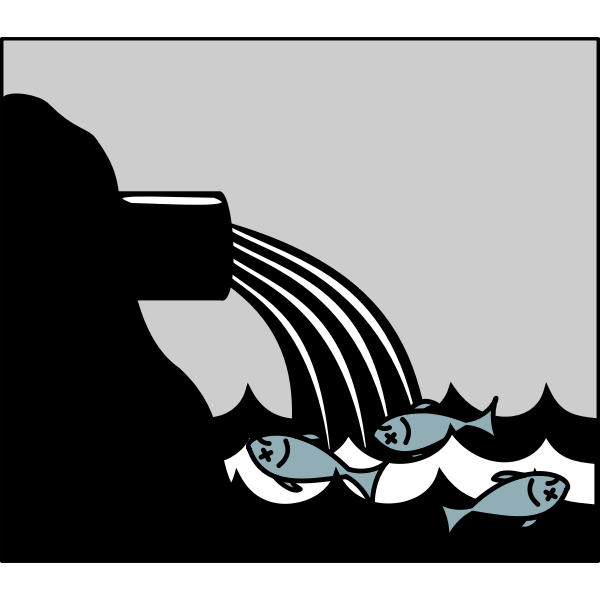The Victorian infrastructure has failed to keep up with the demands of a growing population and extreme weather events caused by climate change.
“I will continue to hold South West Water to account and I am committed to improving water quality in East Devon.”
.
Back in the summer, media attention was really ratcheting up its interest in our water companies:
‘Significant’ water pollution by South West Water – Vision Group for Sidmouth
Creating a stink on Britain’s dirty rivers – Vision Group for Sidmouth
Looking after our rivers – Vision Group for Sidmouth
At least our rivers are no longer ‘biologically dead’ – but still:
Seahorses, eels, seals and sharks are living in the tidal Thames, according to the most comprehensive analysis of the waterway since it was declared biologically dead in the 1950s. But scientists from the Zoological Society of London (ZSL), who carried out the work, warn that the 95 miles of the tidal Thames is suffering from rising nitrate levels as a result of industrial runoff and sewage discharges. Water levels and temperature are also rising as a result of global heating.
Seahorses and sharks living in River Thames, analysis shows | Rivers | The Guardian
Another piece from today’s papers gives another ‘positive’ story to the state of our rivers:
Hundreds of ‘sewage tomatoes’ are spotted growing on Kent shoreline | Daily Mail Online
But this is not washing – as a report from the Daily Express yesterday showed in painful detail:
UK rivers and seas ‘little better than open sewers’, warn campaigners

BORIS Johnson was yesterday warned that Britain is set to reclaim the title of the “dirty man of Europe” for letting its rivers be swamped by sewage.
The most recent figures provided by the Environment Agency (EA) reveal that not one river, lake or stream in England passed chemical pollution tests. Just 14 per cent of rivers were classed as in good ecological health. Other EA data shows that last year sewage was pumped or spilled into English rivers 403,171 times – up 38 per cent on 2019. This equated to 3.1 million hours of raw sewage being pumped into rivers – including many favoured by wild swimmers. The main problem is storm overflows, which are designed to discharge diluted sewage into rivers or the sea during heavy rainfall to stop it backing up in homes or on streets. The Victorian infrastructure has failed to keep up with the demands of a growing population and extreme weather events caused by climate change.
There are 15,000 storm overflows in England and, despite a big increase in monitoring, about 3,000 are still not routinely checked. Compounding the problem is that the EA budget for tackling agricultural, waste crime and incident responses has been slashed from £117million in 2010-11 to £40million last year. A Freedom of Information response to Charles Watson, the head of campaign group River Action, revealed that there is just over half an official in each of the 14 EA areas to monitor farm pollution. As a result, it says each farm in England can now expect just one inspection every 263 years.
Also yesterday, in Parliament, a fresh vote on limiting ‘storm overflow’ was agreed to… sort of:
Government votes to ‘reduce’ the amount of raw sewage dumped in England’s rivers – Mirror Online
MPs pass compromise to cut sewage dumping by water companies | Rivers | The Guardian
East Devon’s MP has made commitments:
“I will continue to hold South West Water to account and I am committed to improving water quality in East Devon.”
As his statement made clear, there has been quite a vociferous response:
Campaigners want tougher action from MPs on sewage – BBC News
Including this from a County Councillors:
Finally, here is an excellent overview of the damage to wildlife – especially the effects of algal blooms:
The deadly effects of sewage pollution on nature | Natural History Museum